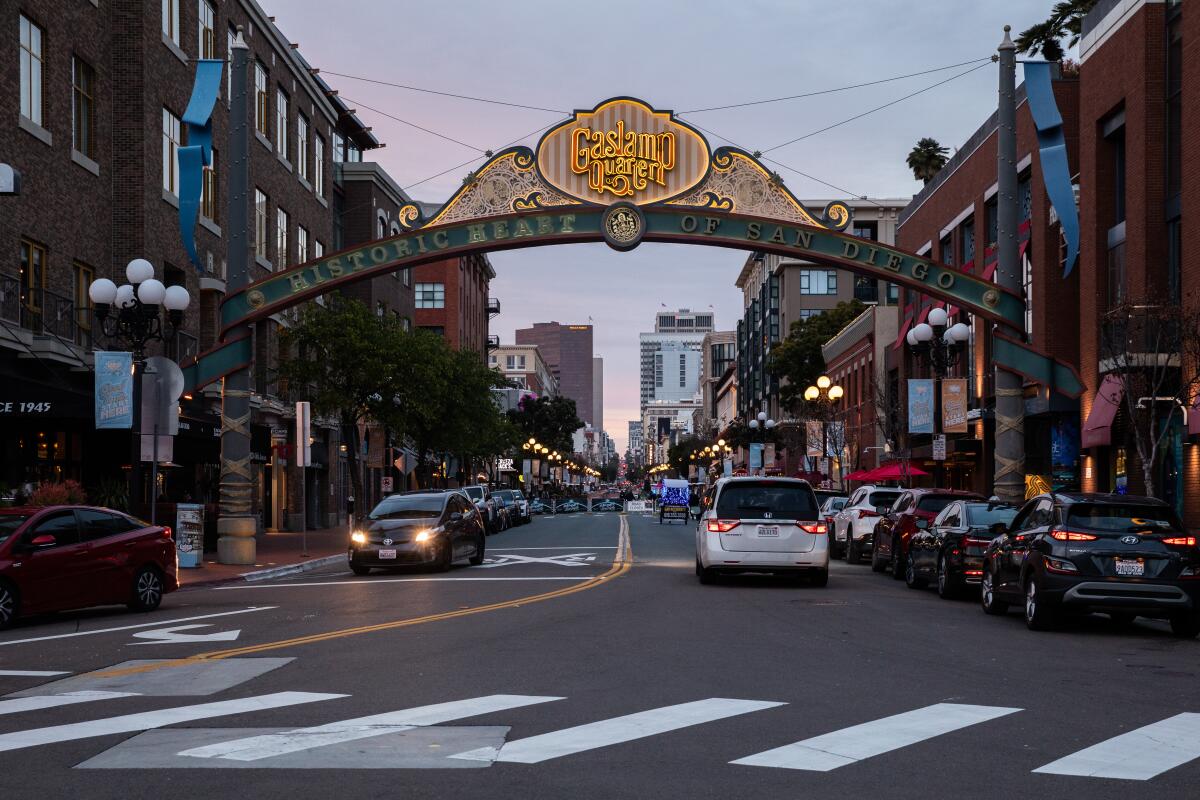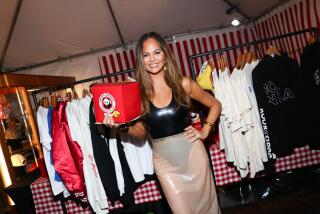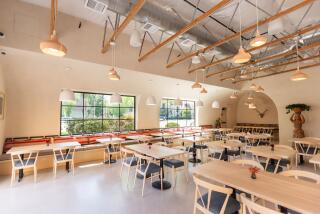San Diego restaurant owners charged with COVID-relief fraud, money laundering

- Share via
San Diego — Two San Diego restaurant owners were charged with fraud and money laundering in connection with an alleged scheme to falsify applications for COVID-19 relief funds, according to an indictment returned by a federal grand jury.
The Justice Department announced this week that Leronce Suel, 46, and Ravae Smith, 45, the owners of Rockstar Dough LLC and Chicken Feed LLC, allegedly conspired to underreport more than $1.7 million on Rockstar Dough’s 2020 tax forms in order to qualify for the pandemic-era Paycheck Protection Program (PPP) and Restaurant Revitalization Fund.
Suel and Smith owned multiple San Diego restaurants, including North Park’s StreetCar Merchants Chicken Bar, Shotcaller Street Soul Food in Lincoln Park and the shuttered Suckerfree Southern Plate & Bar in the Gaslamp Quarter.
According to the indictment, Suel and Smith also allegedly falsified on the loan applications how the money would be used.
The business owners also allegedly made substantial cash withdrawals from their business bank accounts to launder the fraudulently obtained funds. Additionally, Suel and Smith allegedly hid more than $2.4 million in cash at their residence.
“During an unprecedented public health emergency, the United States provided these loan programs to deliver economic relief to Americans,” said U.S. Attorney Randy Grossman in a press release. “This office will investigate and prosecute those who exploited the global pandemic to unjustly enrich themselves.”
John Gordon, principal of Pacific Management Consulting Group, a San Diego-based restaurant consulting firm, said that these COVID-19 relief programs were consequential for businesses early in the pandemic. He noted that many local restaurants continue to struggle financially as they deal with inflation and supply chain issues.
“Many restaurant independents have had a very difficult time,” he said. “However, that does not excuse restaurant operators from breaking the law and gobbling up the PPP funds that they are not entitled to, and this is very wrong.”
Gordon said that overall he does not believe these individual cases will negatively affect future funding programs for restaurants as the government expected people may take advantage of the funds. He said that while there have been other instances of fraudulent uses of relief funds across the country, this news is evidence that the oversight is working.
Early in the pandemic, the U.S. Small Business Administration launched federally backed PPP loans to help businesses keep their workers employed and to cover expenses. Across two funding rounds, the government authorized more than $600 billion in forgivable loans to small businesses.
The Restaurant Revitalization Fund was intended to help local businesses stay open and the SBA offered restaurants “with funding equal to their pandemic-related revenue loss up to $10 million per business and no more than $5 million per physical location.” The funds did not need to be paid back as long as they were used for eligible expenses by the deadline.
Rockstar Dough received an $82,850 PPP loan that was forgiven and a $105,728 PPP loan in the second round of the program, according to a ProPublica database. The data also show that Chicken Feed received a $142,345 PPP loan that was forgiven and a $181,455 PPP loan.
According to data from the SBA, Chicken Feed received $734,867 and Rockstar Dough received $526,000 from the Restaurant Revitalization Fund.
Suel and Smith made their initial court appearance before U.S. Magistrate Judge William V. Gallo on May 23.
More to Read
Sign up for Essential California
The most important California stories and recommendations in your inbox every morning.
You may occasionally receive promotional content from the Los Angeles Times.











